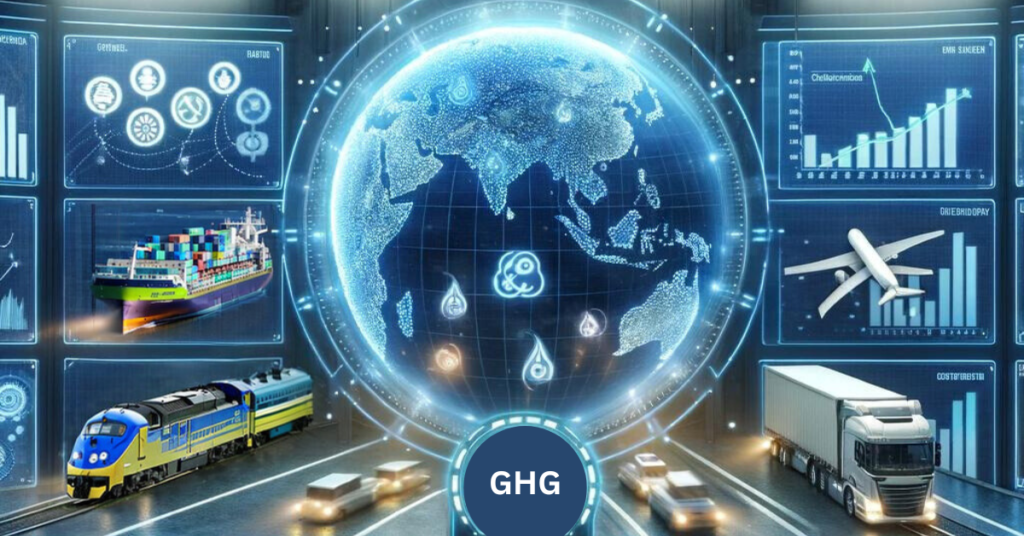Wednesday, May 29th, 2024
On 10 April 2024, the European Parliament took an important step towards increasing transparency and accountability in the transport sector by adopting a single methodology for calculating greenhouse gas (GHG) emissions. This decision marks a significant moment for logistics and supply chain management and is closely aligned with the strategic objectives of the ALICE roadmap towards zero emissions logistics and within the GHG emissions measurement and reporting activity field and the activities of the Global Logistics Emission Council, GLEC. GHG emissions measurement and reporting is a key enabler for the transition to net-zero emissions in transport and logistics operations.
The lack of a single methodology has long allowed different calculation methods, potentially misleading claims within the logistics and transport chain. The new EU-wide approach will create a regulatory framework building on standard calculation of GHG emissions across the sector, allowing a more accurate and easier comparison of the carbon footprints of different transport modes in freight and logistics.
This move by the MEPs supports the basic principle of calculating GHG emissions from vehicle usage, while proposing an extension to include the full life-cycle of vehicles—production, maintenance, use, and disposal. This holistic approach is crucial for stakeholders in the logistics sector as it provides a clearer picture of the environmental impact of their operations.

For logistics and supply chain stakeholders, this development offers several benefits:
IRU welcomes the endorsement of the CountEmissions EU report by the European Parliament, which clarifies reporting requirements for greenhouse gas emissions in road transport. The adopted text focuses on companies already reporting or legally obligated to do so. Key highlights include recognition of industry specificities, flexibility for SMEs, and clarity on verification procedures. IRU particularly appreciates the adjustments benefiting small and medium-sized enterprises, easing their reporting obligations. The Parliament’s position also emphasizes the establishment of EU databases and references the ISO 14083 standard for methodology. IRU anticipates swift progression in finalizing the CountEmissions EU framework through trilogue negotiations.*
Representatives from CLECAT, ACEA, ECG, and ESC support the CountEmissions EU initiative by the European Commission, aiming to calculate greenhouse gas emissions in the transport sector. They stress the need for market-based tools. However, they’re concerned about amendments expanding the initiative’s scope to include emissions from vehicle manufacturing, maintenance, and disposal. They urge European Parliament members to reject these amendments to avoid administrative burdens and legal conflicts.**
Sources:
*IRU Newsroom: CountEmissions EU: Parliament confirms pragmatic reporting framework
**CLECAT Newsletter: MAKE COUNTEMISSIONS EU FIT AND WORK FOR TRANSPORT!
